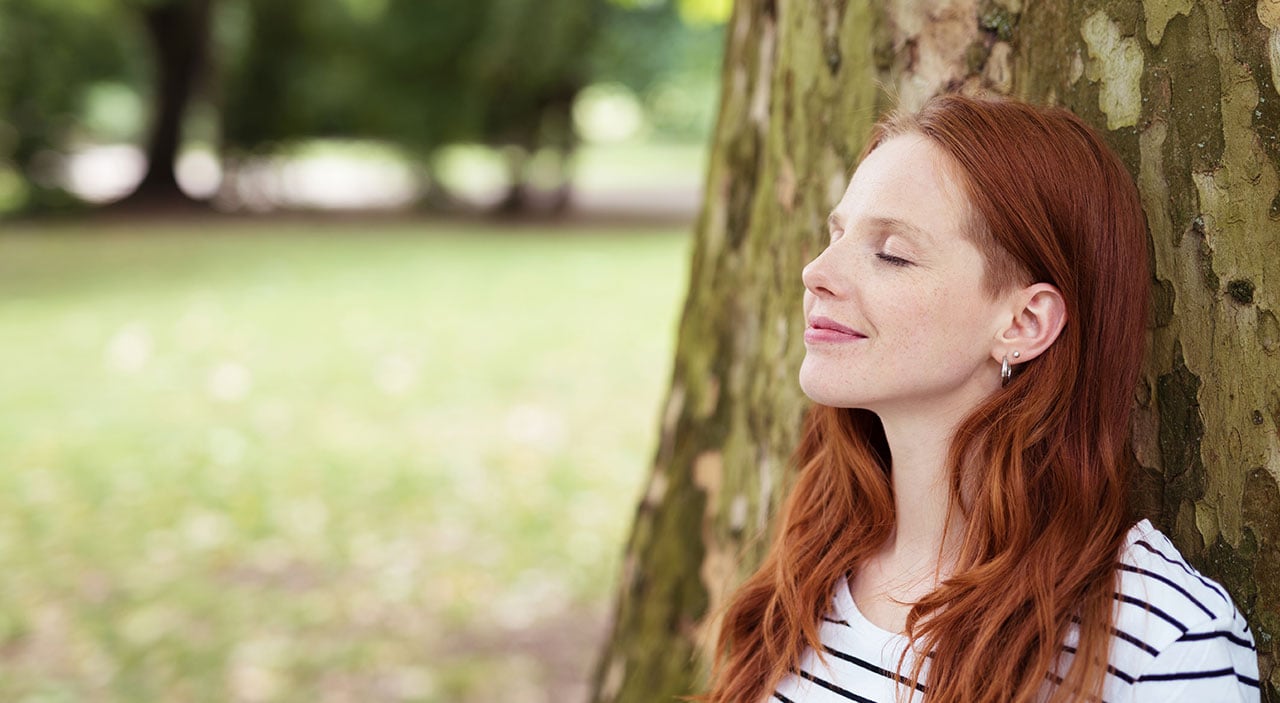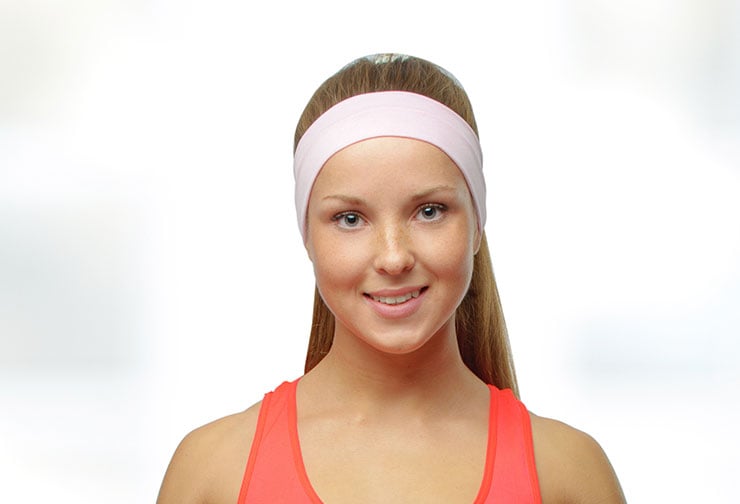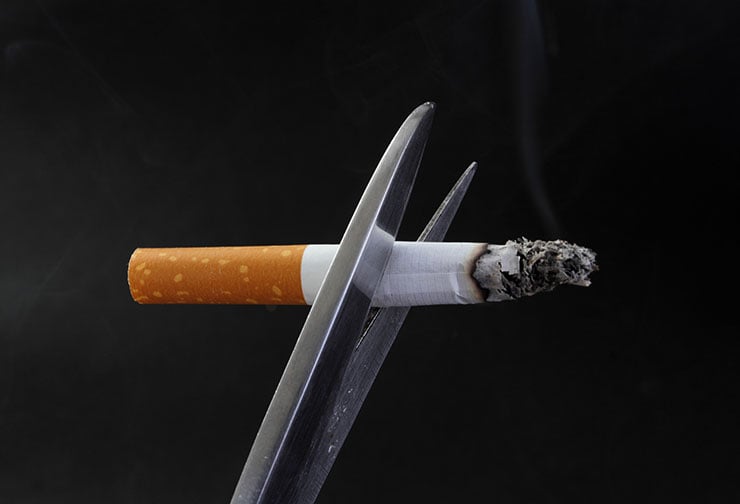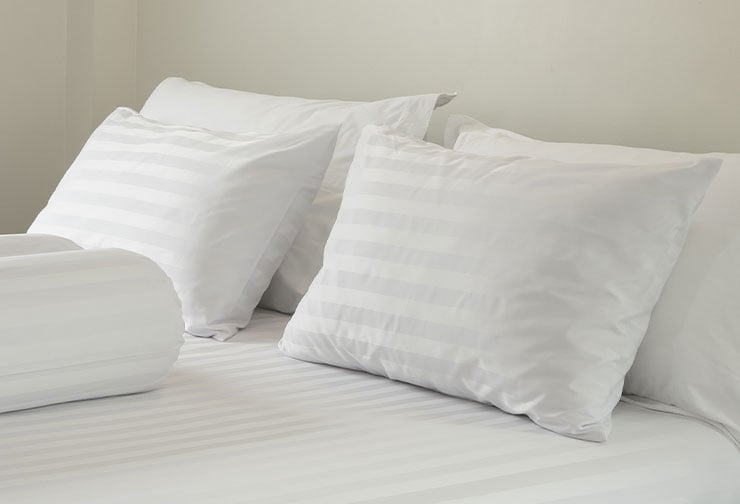
It is never too late to live happily ever after.
– Anonymous

It is never too late to live happily ever after.
– Anonymous
Compared to other plastic surgical procedures, recovering from otoplasty is often less intensive. However, there are still things that you should do to help your recovery go smoothly and faster. This will help reduce the risk of developing complications as well.
ou've just had otoplasty surgery, and are now on the road to recovery. In a few weeks, you'll be able to finally enjoy the ear contour you've always wanted. Imagine being able to show your ears without feeling embarrassed!
But before you see the final results of your surgery, you'll need to be patient and closely follow the post-surgery care instructions that you received from us. These instructions will help you during your recovery, allowing your ears to heal properly.
Most cosmetic ear surgery procedures are performed under local anesthesia. That means you won't feel groggy or nauseous once your procedure is done. You'll be able to function normally right after your surgery. However, you'll need to be careful not to excessively touch or rub your ears, either consciously or accidentally, for the first couple of weeks. This is to keep your ears in proper place and prevent damaging the incisions, both of which can delay your recovery. You should move about with care since your ears will be numb, making it difficult to feel trauma. Also, we recommend that you sleep on your back, so there is no pressure on your ears.

Right after your surgery, a bulky dressing will cover your ears. One to seven days later, this dressing will be replaced with a lighter one and a broad headband that covers your ears completely (it looks much like a sweatband). The headband provides protection for your ears and keeps them in place, in case they're accidentally bumped or bent. Most patients need to wear the headband all day and night for the first week or two, then only at night for about a month. It's a good idea to wear button up shirts for the first couple of weeks so you don't have to worry about getting dressed.

Smoking, and being around others who smoke in your presence, can be detrimental to your recovery. Poor healing, irregular scarring and delayed recovery can all be caused by smoking. Avoid smoking and inhaling second hand smoke for at least two weeks after your surgery.
The first week after your surgery, it is common for the ears to drain a small amount of fluid. The fluid may be thick, dark or red tinged. If you see this happen, you may use a cotton swab and hydrogen peroxide to clean the external part of the ear. However, make sure not to enter the ear canal. If the drainage is excessive, please contact us.
global$galleries_array;
Swelling is a normal part of the recovery process. Minimize swelling by keeping your head elevated, especially while you sleep. A couple of pillows to prop your head up is usually sufficient. When awake, you should avoid bending over, an action that may also increase the risk of bleeding.
Swelling normally lasts for one to two months, with residual swelling lasting for up to six.
It is very common for incision lines to start feeling itchy. Itchiness is usually a sign that they're healing and the nerves are regenerating. Try to avoid scratching the incisions to prevent damaging them.
Please note that if the itchiness is accompanied by redness, discharge or heat, please notify us. There may be an infection.
Your ears will be numb for a few weeks. As a result, they may not feel any damage that could be caused by extreme temperatures. If you use ice packs, use intermittently throughout the day to prevent frostbite. Hairdryers should not be used to prevent burns.
Scars will take about a year to fully mature into thin, silvery lines. Until that time, avoid tanning to prevent hyperpigmentation.

While you should be eating a healthy diet all the time, it is even more important to do so during your recovery — when your body needs the nutrients and vitamins to heal properly.
Some patients find it uncomfortable to eat harder foods in the first few days after their surgery. If this is the case for you, you may want to consider switching to softer foods, smoothies and fresh pressed juices.
General anesthesia may make you feel nauseous. Clear liquids and bland foods can help.